
Showing all 7 books

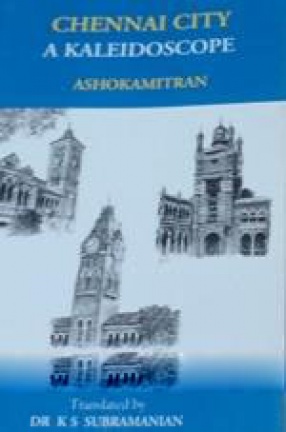
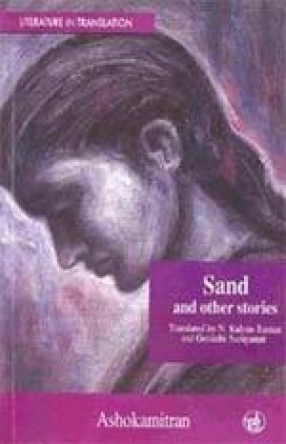

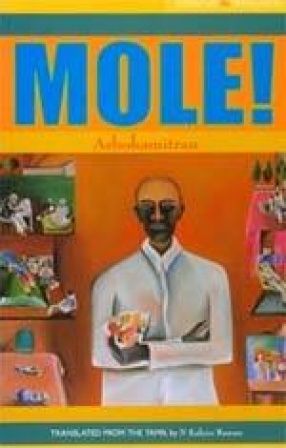
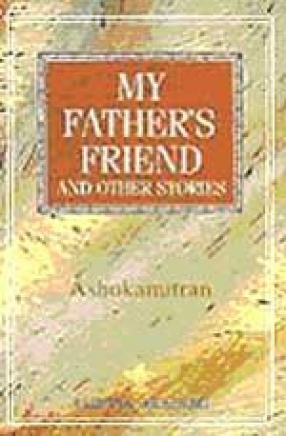



Written with the deepest empathy for women trapped by an almost The absolute lack of resources—financial, intellectual, emotional—these stories by Ashokamitran have all the identifiable characteristics of his writing—irony, interiority, sensitivity. The narrative in all three novellas—Sand, Malati, Those two—moves in a series of short scenes, building tension with a relentless layering of detail. The exploitation of the women (Sarojini, her mother, ...
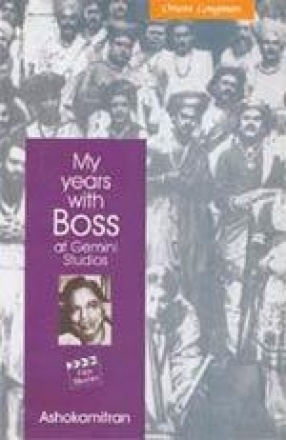
For nearly thirty years from 1940, the Gemini Studios of Madras (Chennai) was the most influential film-producing organisation of India and its founder, the brilliant multi-faceted entrepreneur S.S. Vasan lent substance and quality to the rather fragile and unpredictable movie business. The Gemini emblem of two small boys with bugles was true to Vasan’s slogan for the Studios, ‘when the bugles blow, there is a great show,’ Gemini films entertained millions ...

Ashokamitran belongs to a group of major modern Tamil writers who came into prominence in the 1960s. These include D. Jayakantan, T. Janakiraman and Sundara Ramaswamy, each of whom has a distinct literary presence in modern Tamil writing. Ashokamaitran’s fiction is distinguished by an engagement with urban life, particularly the city of Chennai (or sometimes the twin cities of Secunderabad and Hyderabad), by its "naturalistic" or ...

The fictional events narrated in Mole! An English translation of Otran, a novel by Ashokamitran take place within a period of seven months, nearly all of them I the American Midwest. The narrator, a culturally rooted writer from Chennai, is transplanted amidst a motley group of fellow-writers from distant parts of the world, all of them as dangerously dislocated as him. Deprived of the language that has brought them fulfillment and distinction, these writers ...

Ashokamitran published the collection of stories called Appavin Snehidar ( My Father's friend) in 1991. It is his tenth anthology of fiction, and brings together a short novel, a novella and nine short stories, all of which were written between 1990 and 1991. Ashokamitran writes in a spare and understated style about the changing cityscape in India today, and about the lives of ordinary men and women caught up in the tragic circumstances of every day life. All ...
